
Without minimizing the need to honor students’ privacy rights, we as an ed tech community should also not miss the opportunity to search for the new emergent patterns that will no doubt appear when we look at how students, teachers, and their data all interact. It’s these new patterns, like ripples in the sand, that will likely offer insights into the heretofore most intractable questions in education.

Digitization is the key to eliminating backlogs of paper processes made worse by staff shortages and other post-pandemic challenges. Schools can create modern and digitized systems that make documents searchable and accessible — eliminating the time required to file and search through boxes for old student transcripts, test scores, health records, and more.
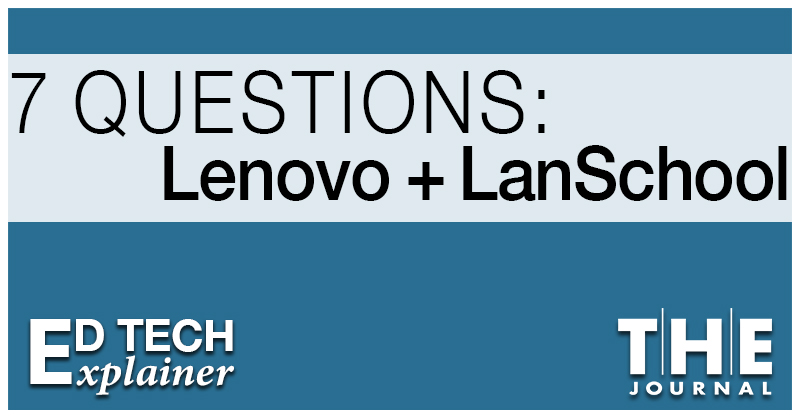
For THE Journal's 7 Questions Ed Tech Explainer series, Lenovo’s Education Software General Manager Coby Gurr shares how Lenovo’s K–12 division and particularly its classroom management software LanSchool emphasize inclusivity, accessibility, and a holistic, integrated approach to school technology — and how Lenovo EDU’s line of hardware, software, and services aim to provide a “comprehensive learning environment.”
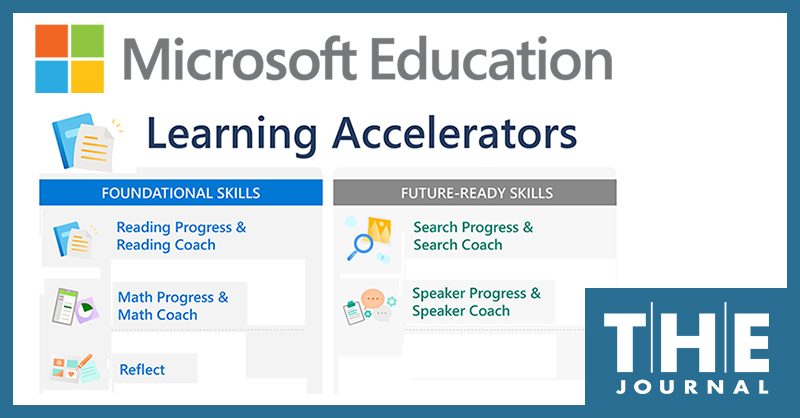
Less than a year after introducing its Reading Coach and Reading Progress tools for education users, Microsoft today introduced an entire suite of similar tools called Learning Accelerators that focus on digital literacy, speaking and presentation skills, and math, each with a “Coach” tool for students and a “Progress” monitoring and assigning tool for teachers.

Charlie Sander of cybersecurity firm Managed Methods shares some tips to avoid making a cyber incident on a K-12 school even more costly, for district leaders, risk management planners, and IT practitioners: What to expect and some do’s and don’ts to move forward while minimizing an cyber attack's negative impacts and costly disruptions.
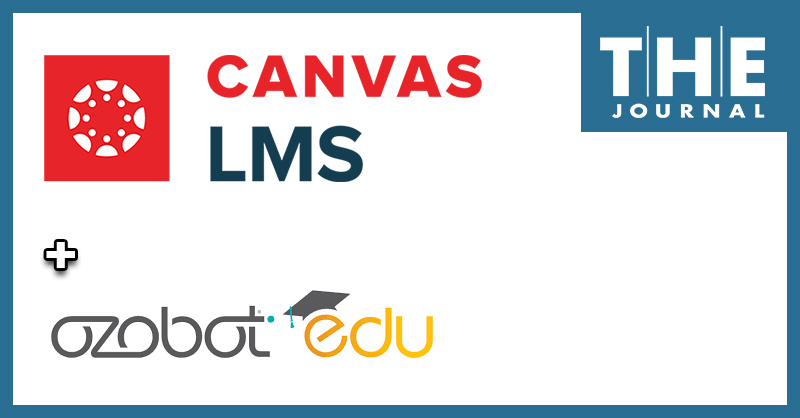
Ozobot, maker of programmable robotics and STEAM-based learning solutions for K–12, has integrated its Ozobot Classroom with Instructure’s Canvas learning management system — enabling quicker and seamless access for educators using Canvas quicker access to Ozobot Classroom content that is ready to use, the company said.
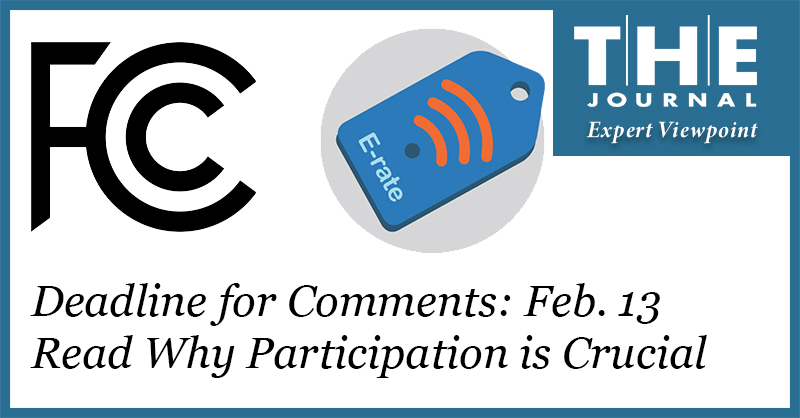
K–12 school systems are trying to fend off an increasing number of cyber threats with limited IT resources, and they need all the help they can get. Allowing schools to use federal E-rate funding for cybersecurity services such as next-generation firewalls, distributed denial of service protection, and intrusion detection and prevention would go a long way toward solving this challenge — and K–12 stakeholders should make their voices heard on this critical issue, immediately, says a Funds For Learning executive.

Samsung Electronics America is offering TCEA 2023 attendees this week a sneak peek at the new Samsung Education Community Platform expected to launch soon, saying it “will offer educators an online discussion forum, access to peer and expert coaching, and free, self-paced professional development courses, enabling them to develop new strategies for leveraging technology that can enhance classroom engagement and learning outcomes for all students."
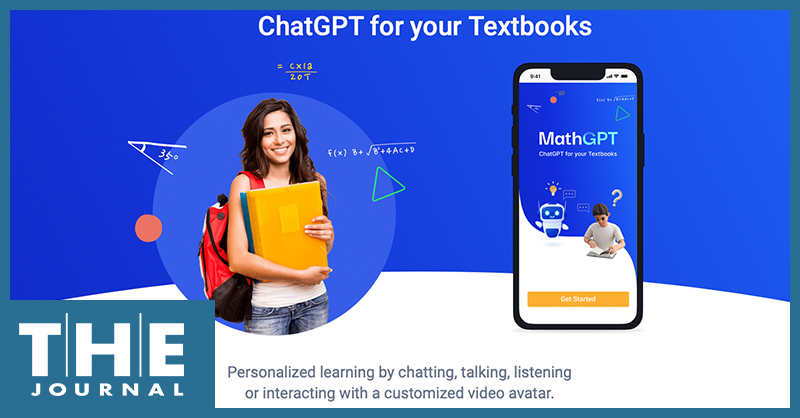
PhotoStudy, an on-demand 1:1 tutoring solution developed by Hung Tran in 2015, said it can now transform any math textbook by any publisher into a “MathGPT” chatbot that works similarly to the groundbreaking ChatGPT tool making headlines in recent weeks.
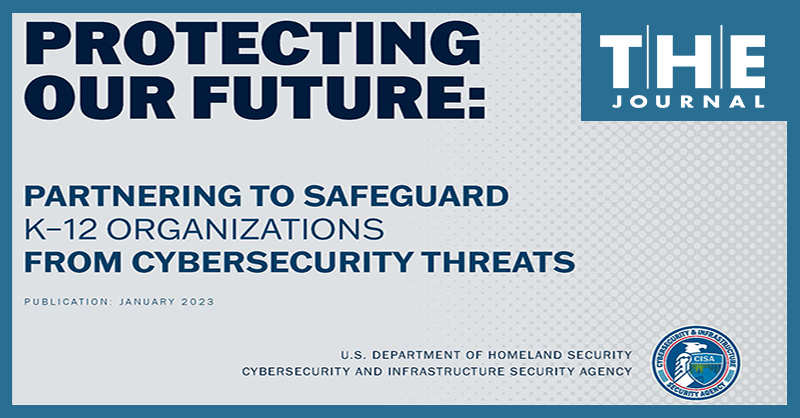
The federal Cybersecurity and Infrastructure Security Agency this week released its long-awaited K–12 report and guide for public schools, “Partnering to Safeguard K–12 Organizations from Cybersecurity Threats,” and an accompanying toolkit — both in response to Congress’ demand for an overview of the cyber risks facing elementary and secondary schools and for recommendations that include cybersecurity guidelines designed to help schools face these risks.